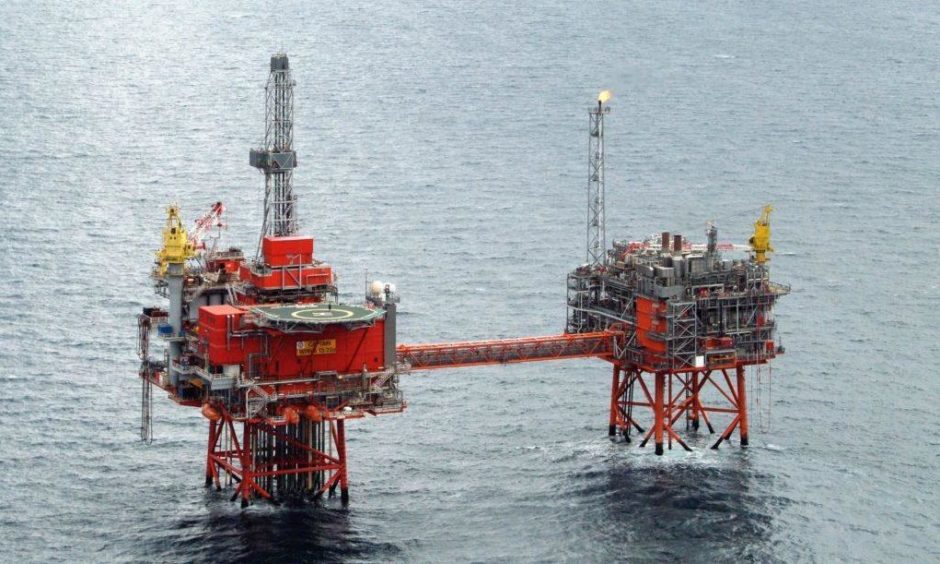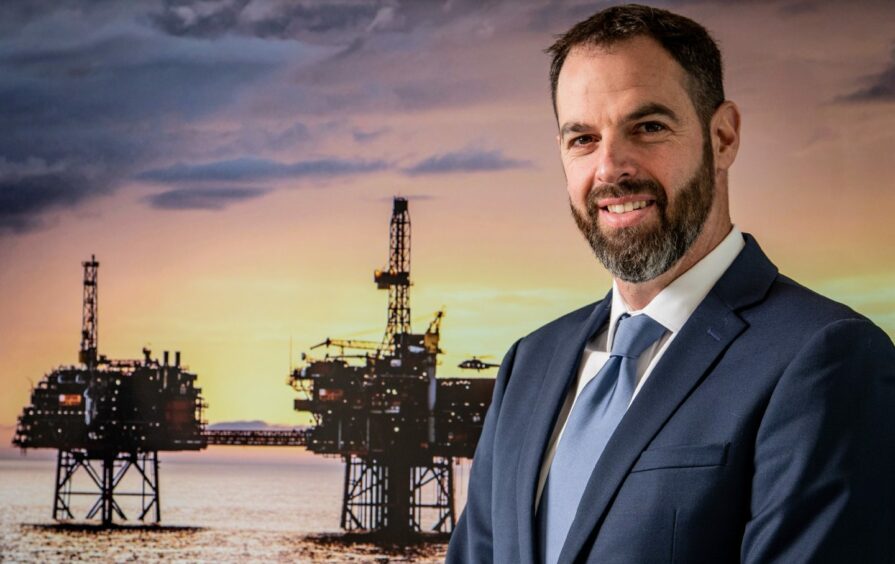The looming threat of changes to the UK windfall tax is the “biggest question” hanging over development of the huge Cambo and Rosebank oilfields for North Sea operator Ithaca.
Ithaca Energy chairman Gilad Myerson called on chancellor Jeremy Hunt to be “calculated and thoughtful” ahead of the Autumn Budget next week, when an extension of the tax, known as the Energy Profits Levy (EPL), is expected.
Launching its IPO on Wednesday, Ithaca said it is “very much focused on sanctioning” both its operated Cambo field, and the Equinor-operated Rosebank field next year which it is partnered in 2023.
Together the west of Shetland projects represent some of the largest untapped oil and gas resources in UK waters, and have become climate battlegrounds for environmental activists.
Second largest IPO in London 2022
Ithaca Energy made its London market debut with an initial valuation of £2.45 billion, and raised proceeds of £288 million which it has said will be used to pay down debt.
Shares opened trading at 244.95 pence on Wednesday, below the offer price of 250 pence, and coming in on the lower end of guidance, which could have been up to 310 pence and thus a valuation of £3.1bn
Shares in the North Sea operator closed down at 230p in what was still the second largest flotation this year behind health spin-out giant Haleon in July.
Around 10.4% of Ithaca Energy shares are being sold, with the potential for more.
The opening valuation of Ithaca has raised questions for some, however.
Ashley Kelty, oil and gas research analyst at Panmure Gordon, said it doesn’t “stack up” with peers like Harbour Energy ($3.9bn) and EnQuest ($627m) in terms of production and reserves.
He pointed to sizable decommissioning liabilities for Ithaca through its mature central North Sea portfolio, and the fact that most of the upside will be in yet to be sanctioned West of Shetland potential.
In reply, Mr Myerson said Ithaca went through a “six month listening tour of the market” to make sure they were attractive in what has been a volatile market.
‘Very excited for what lies ahead’
He added: “We have received great support from a high-quality selection of institutional investors and I am excited to welcome them on board as we continue to create value in the public markets.
“Ithaca Energy has undergone a transformation over the past three years to become one of the UK’s leading independent oil and gas companies and I am very excited for what lies ahead as we continue our journey in the public markets.”
To meet the firm’s dividend promises, Mr Kelty said Ithaca will likely need to refinance.
Mr Myerson said Ithaca expects to be net debt free at “some point in 2023”.
However he conceded refinancing will be on the cards – but the primary driver of that will be for the huge projects on the horizon.
“We will need to refinance to develop Cambo, Rosebank and Marigold. Just because these are very large developments,” he said.
“First oil is planned for 2026-onwards and therefore will require refinancing.”
Who is Ithaca?
Ithaca is a unit of Israeli conglomerate Delek Group and has steadily grown its portfolio in recent years.
The firm, which posted pre-tax profits of some £1.45bn in the first half of the year, has enjoyed rampant period of growth with high-profile deals for Marubeni, Summit Exploration and Siccar Point Energy.
Windfall tax effect
The chancellor is reportedly seeking to increase the levy, first introduced in May, by another 5%, taking the headline rate for North Sea firms to 70%, and extend its runtime by three years from 2025 to 2028.
It’s unclear whether a 91% investment incentive linked to the levy –designed to reduce the amount of tax paid against investment into the sector – will be impacted, though prime minister Rishi Sunak has been urged by opponents to scrap it.
Uncertainty around the windfall tax this is one of the major barriers to investment, Mr Myerson said.
“I think the one question mark at the moment is the EPL. It’s the biggest question mark we have.
“I would say the EPL, in its current form, is supportive of development and we assume that it will continue to be supported for development.
“But if the government decides not to support new developments, then obviously that is something that, financially, we just won’t be able to embark on.
“And it’s not only us, our banks won’t provide us with the financing if economical returns are not attractive.”
‘We recognise the need for taxation’
It comes as Brindex, an association of North Sea producers – not including oil majors like BP and Shell – which Ithaca is a part of, wrote to the chancellor this week warning that the UK has become one of the most “fiscally unstable” places globally to do business.



Conversation